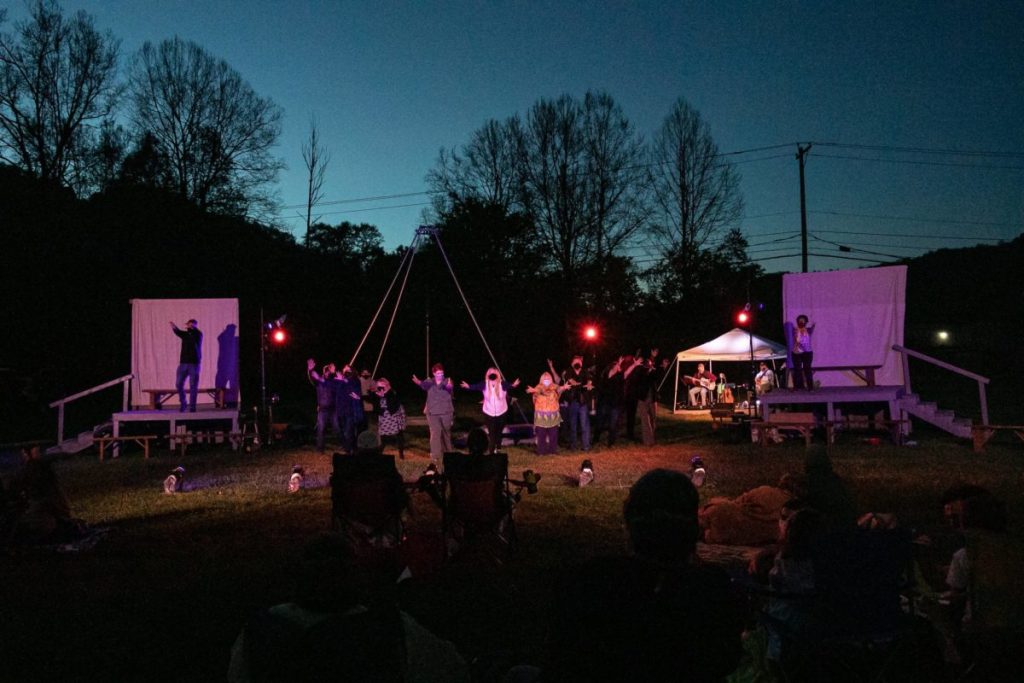Culture
Appalachian Community Uses Theater To Reckon With Racism, COVID, And The Trauma Of 2020
By: Katie Myers | Curtis Tate | Ohio Valley ReSource
Posted on:
HARLAN COUNTY, Ky. (OVR) — George Floyd was murdered by police officer Derek Chauvin in Minneapolis, a cold and faraway place from the vantage point of Harlan County, Kentucky. But the energy of that long, hot summer reached a group of Harlan high schoolers, and soon enough, this small, rural town was in the midst of a national movement.
The events stirred the community. Some saw it as a call to action on long-unaddressed racism in rural eastern Kentucky, and others saw it as a threat, including members of the local Ku Klux Klan. For the rest of the year, the memories of that summer still sat high in the community’s memory, alongside the deep divisions sown by COVID-19 and the election.
Some tried to forget, hoping for some newfound peace of mind. But Higher Ground, a Harlan-based theater ensemble, decided to take the year and make a play about it.
For director Keith McGill, who is Black, it was an opportunity to foster a positive dialogue. “We need to talk about how politics is sort of putting a space in between people,” McGill said. “We need to talk about racism, and Black Lives Matter.”
Stories Across Divides
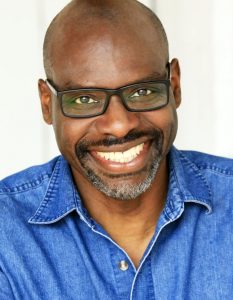
With a background in music and theatre and a rich ecosystem of local play-making, many local people — most of whom have little professional theatrical experience — found themselves gravitating towards Higher Ground.
Spearheaded by Southeast Kentucky Community College professor and writer Robert Gipe, among others, Higher Ground was in the midst of its ninth production, a community-created story about the tumultuous year of 2020, where COVID-19 and the Black Lives Matter movement converged to shake the foundations of society.
With the story and process that eventually became a play called “Shift Change,” Higher Ground aimed to reconcile divisions that had deepened in the community since the beginning of the COVID-19 pandemic, fissures that had begun at the 2016 election of Donald Trump and widened ever since. They started with interviews, and built the script from there.
McGill saw the process as an opportunity for frank, cross-racial dialogue. “We brought in the African American cast members, and said, how are you feeling about what’s happening?” McGill said on the night of the show’s premiere. “We brought in the white cast members, and they said, I don’t know what to do. And we talked about it.”
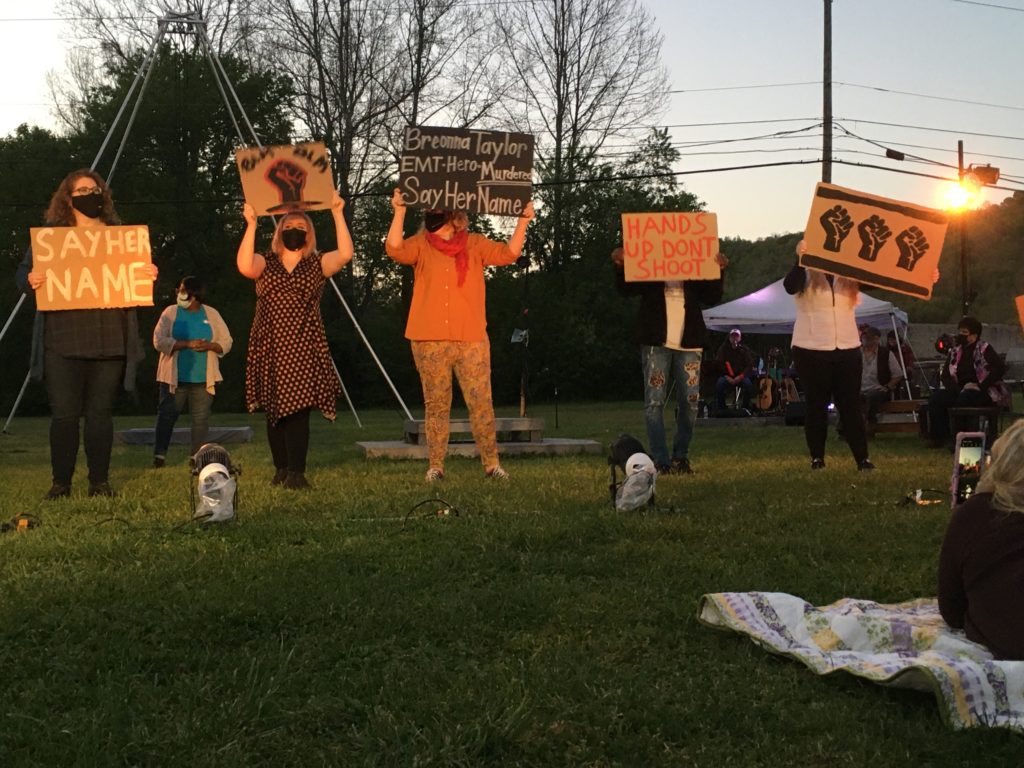
Emotional Process
For Kyra Higgins and her family, the death of George Floyd, combined with the killing of Louisville resident Breonna Taylor, was as visceral as though it had happened to a neighbor.
“I remember seeing my sister…I can’t describe the look on her face,” Higgins said. “Like horror and sadness and anger all mixed into one.”
Higgins didn’t attend the Harlan County George Floyd protests due to other obligations, but many of her close friends did, and she remembers being shocked at the level of vitriol some of them received from members of their own community. Higgins recalled the school-age protest leaders who recognized the faces of a schoolteacher and a local preacher in the parade of cars honking disapproval.
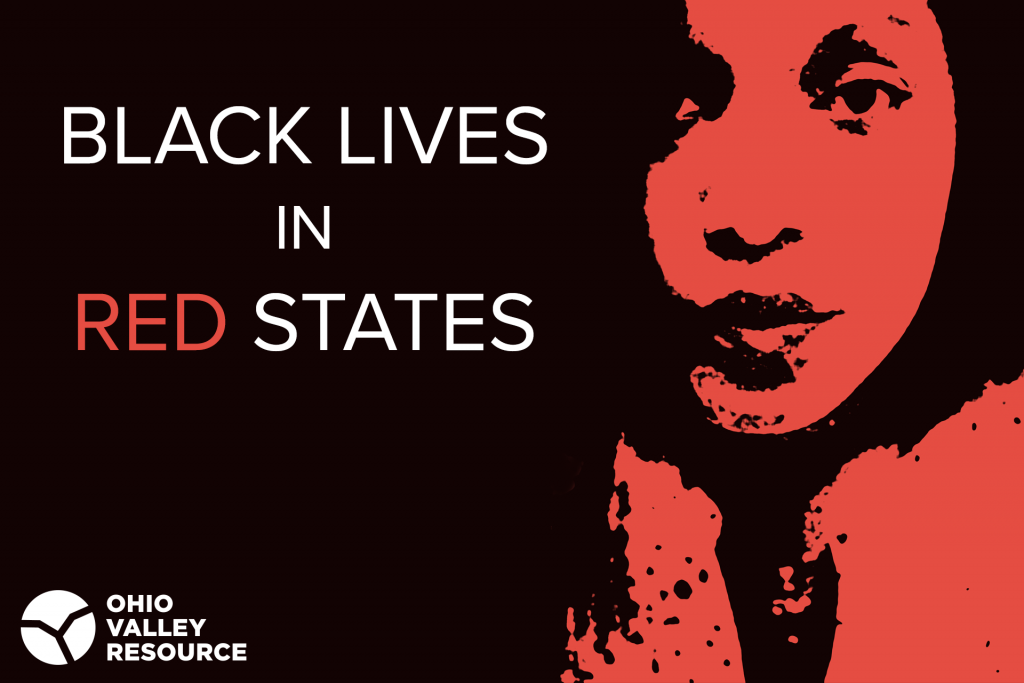
Higgins had already worked to produce a play in 2020 that centered around Black experiences in higher education. Together with others in her community, she found theater helped her express herself, and understand some of what everyone was feeling.
The script was considered a living document throughout the process. Cast members brought pieces of their lives into rehearsal, debating pieces of the script they didn’t feel rang true for them. Higgins recalled one specific instance that confused a lot of white cast members. A character named Mona found out her neighbor Hank went to the U.S. Capitol to participate in the January 6 insurrection.
In the scene, Mona is cordial with Hank. “I guess there’s a lot of hate on both sides,” says Hank, and Mona responds that she thinks there’s good in everyone before embracing him. As soon as he’s gone, though, she erupts.
“To hell with that man, who whispers in my ear like he understands where I’m coming from,” seethes Mona.
According to Higgins, some white cast members couldn’t understand why Mona wouldn’t just tell Hank the truth. Over the course of a hard conversation, the ensemble discussed where Mona was coming from, and why, given the political divisions in the community, she used her natural friendliness as a form of self-protection. The scene remained in the play.
Buried Histories
While the world focused on Black life in major US cities, “Shift Change” allowed the ensemble to dive deep into local Black histories. They felt this was especially vital in a region where much has been made of the poverty, struggles, and folklife of working-class white people, even as the equally rich and complex histories of Black people living alongside them are overlooked.
Rutland Melton, who grew up in the historically Black community of Georgetown, Kentucky, funneled his personal story into the play. The directors filmed him on his porch and projected his image onto a screen, due to COVID-related health concerns.
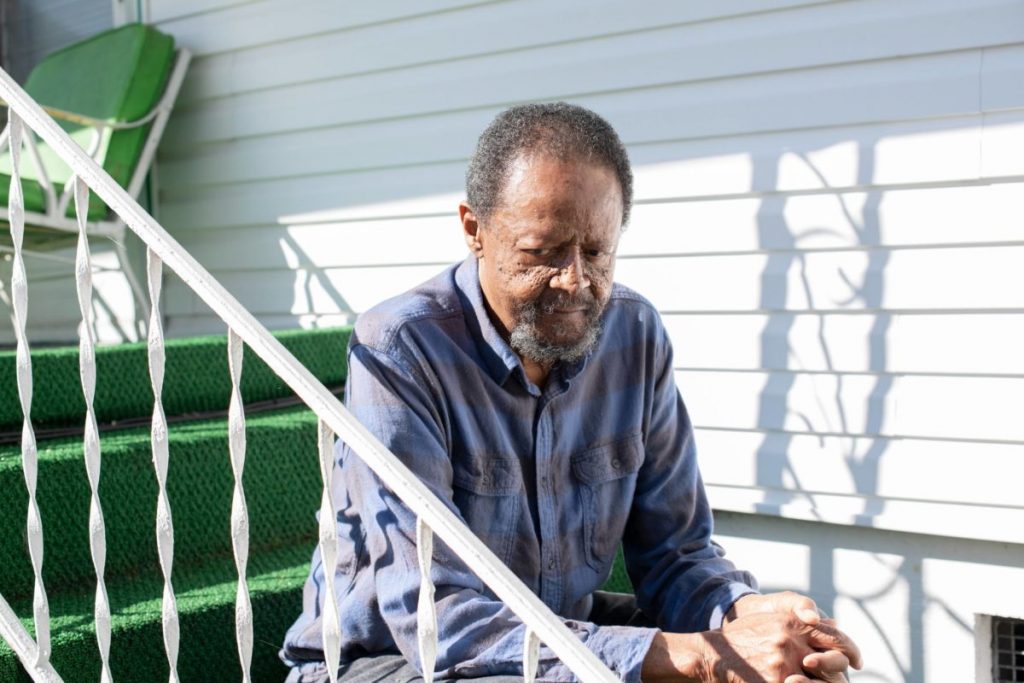
“Nobody greeted me,” Melton remembered.
Georgetown changed over the years as Black community members fled racism and unemployment for the greener pastures of Chicago, Detroit, and other Midwestern industrial centers. But they always held a candle for their home in the mountains, as hard as it was to live there.
Meanwhile, Georgetown underwent its own tumultuous history. Characters in the play recall a time when the state threatened to condemn every home in the town so they could build a highway bypass and dump the fill from construction. Community members formed a committee to sue the city, but their effort was derailed by a flood that washed the town away.
“They just washed their hands of Georgetown,” Melton said. When majority-white communities were assisted and rebuilt after flooding, Black communities simply were overlooked, and their destruction, said Melton, was seen as simply convenient.
But still, they say, they’re proud they stood up — and that young people didn’t invent protesting.
A Long Year
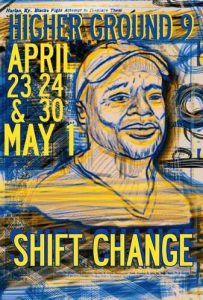
Nonetheless, there’s a long way to go. The divisions in the community extend into every facet of public and private life, and not only when it comes to racism. As the play depicts, COVID-19 tore the community apart, with some people losing family members even as others preached that the pandemic was a pernicious fiction. Some people rejoiced at the end of the Trump administration, while others stormed the Capitol. Some worked long hours in healthcare to save dying COVID-19 patients, or risked their health in service industry work, while others were able to work remotely and enjoy the springtime.
The play ends not on a note of reconciliation, but on a note of yearning. “There has to be a shift,” the cast says, over and over again; whatever may come, they seem to imply, we can’t take more of the same.
That’s why, collectively, the ensemble decided on the play’s name, “Shift Change.” That’s what the cast agreed on: a relentless hunger for something better, to come into relationship and understanding with one another, even if they’re not there quite yet.
“Shift Change” played over the course of late April and early May. The play will be released on video by Higher Ground later this summer.
